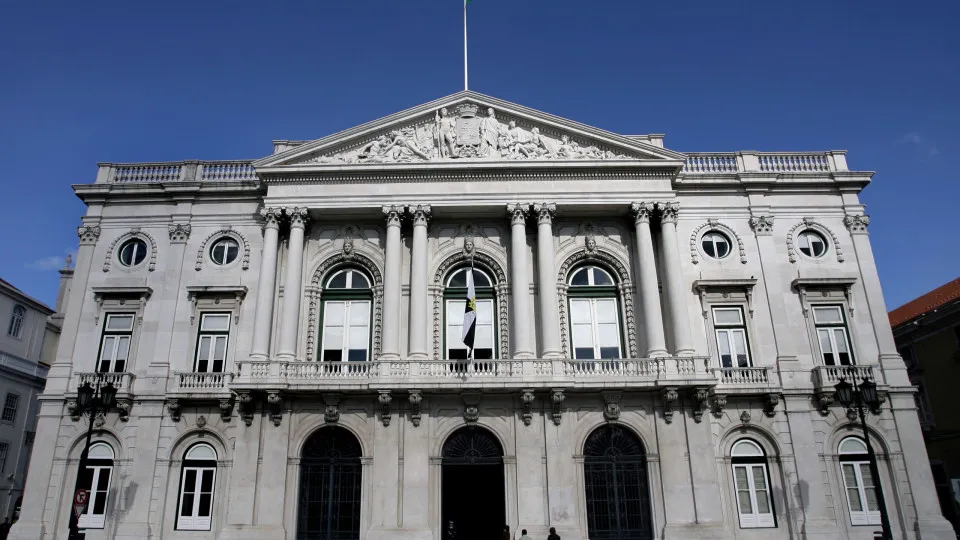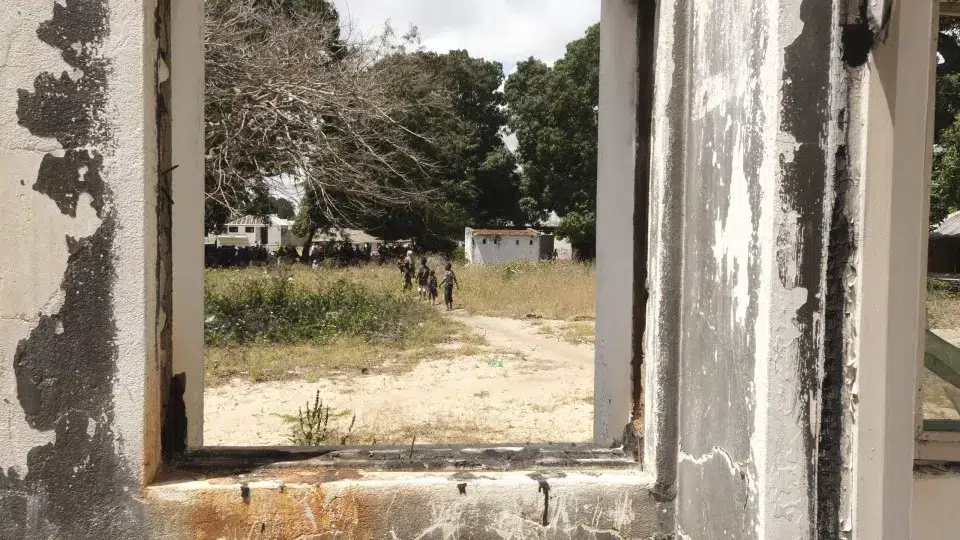
Carlos Moedas, the current mayor and candidate for the “Por ti, Lisboa” coalition (PSD, CDS-PP, and IL), along with Alexandra Leitão, running for the “Viver Lisboa” coalition (PS, Livre, BE, and PAN), shared only one agreement during their two-hour debate: to refrain from commenting on polls.
The latest poll by the Universidade Católica for RTP/Antena 1/Público indicated a technical tie between the two candidates.
Alexandra Leitão expressed confidence that Lisbon residents would not want “another four years of a more neglected, more degraded, dirtier city, with more expensive housing, more chaotic traffic, and less public lighting.”
Carlos Moedas presented voters with “a choice” between his claimed achievements over the past four years, which he considers “half-complete,” and electing a coalition that includes “the BE in the executive.”
After repeatedly referring to Alexandra Leitão’s coalition partners, she remarked, “You have an obsession with the Bloco de Esquerda.”
João Ferreira (CDU, PCP/PEV coalition) rejected the “blackmail” of strategic voting, urging voters not to choose “the lesser of two evils,” and emphasized leading “the most experienced team running for election.”
Without “any concern” about polls, Bruno Mascarenhas insisted that Chega’s candidacy (currently third in voting intentions according to the latest poll) is against “the system,” offering an “alternative” and “complete break” vision for the city.
For Chega, PS or PSD “are exactly the same,” and the commitment is to approve “everything beneficial for the city.”
Moedas blamed the opposition for hindering his plans by “blocking measure by measure,” while Ferreira argued that the PS approved key management instruments “without even imposing conditions.”
Urban hygiene was the initial topic of debate, dividing the nine candidates between further decentralizing responsibilities to parish councils or recentralizing them, as Moedas and João Ferreira both advocated, endorsing a single entity, alongside Adelaide Ferreira (ADN).
Bruno Mascarenhas criticized the “misguided measure to centralize” urban hygiene, which he argued suffers from “a management and leadership deficit.”
Alexandra Leitão suggested greater decentralization of urban hygiene, offering more human and financial resources to parish councils, with Luís Mendes (RIR) supporting competency division and proposing the creation of a local advisory council of experts.
Tomaz Dentinho (PPM/PTP) and José Almeida (Volt) emphasized technical solutions based on studies, with Dentinho advocating taxes based on waste generation and Almeida calling for a review and increased oversight of competency decentralization.
The discussion then turned to the housing crisis, with Carlos Moedas highlighting the 2,881 house keys delivered, while Alexandra Leitão accused him of “confusing keys with new houses,” pledging to limit local accommodation and impose a moratorium on new hotels until the municipal master plan is reviewed.
João Ferreira proposed a “urbanism with ethical, social, ecological dimensions” and a “green path for housing production outside the speculative logic,” through building on municipal land, rehabilitating public heritage, and strengthening cooperatives.
Other parties (PPM/PTP and ADN) joined CDU in proposing an IMI tax increase on the city’s 48,000 vacant houses.
José Almeida advocated “public housing for any social strata,” while Ossanda Líber (New Right) argued that the middle class also needs support, suggesting standardized, quick, and environmentally-friendly housing models.
Transportation also divided candidates, although most agreed on creating more bus lanes.
However, favoring bicycles did not gather as much support. Opposed to tuk-tuks and bike lanes, Adelaide Ferreira noted that “nobody has yet managed to solve the city’s fundamental problems.”
There was also limited time to discuss security, likely the most divisive topic, particularly regarding video surveillance.
While Chega, New Right, and ADN felt the city was insecure, others believed it simply needed more local policing and better lighting. The current mayor noted Lisbon is “safe, but some crimes have increased,” demanding more PSP officers and municipal police.
Parties without seats in municipal bodies shared criticisms of the PSD-PS alternation, “distant from the common citizen,” said José Almeida, with Luís Mendes (RIR) stressing they’re “governing for the unicorns,” favoring building “one shelter in each parish.”
Offering “new blood, new ideas, without vices, without schemes” (Ossanda Líber), they expressed a desire to “give a voice” to Lisboans, with Adelaide Ferreira calling at the debate’s end for whoever wins to “reach an agreement for the city’s good.”
The debate, held at MUDE — Museum of Design, concluded around midnight, accompanied by a noisy protest by demonstrators showing solidarity with flotilla members heading to Gaza who were detained by Israel.
By around 1 a.m., candidates had yet to leave the building due to the protesters outside.




